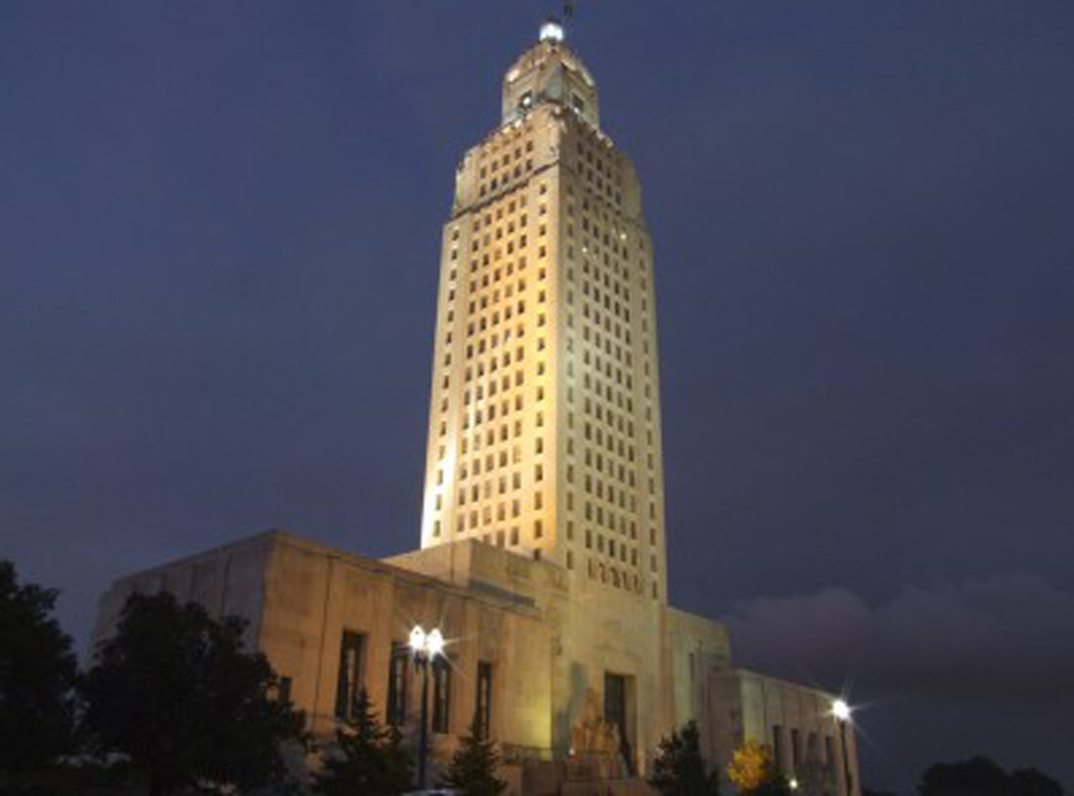227
By Lauren Heffker and Tryfon Boukouvidis
LSU Manship School News Service
BATON ROUGE -- Legislation that would limit or ban abortion in Louisiana easily cleared House and Senate committees on Wednesday, echoing a surge of similar bills in Repub
Legislation limiting or banning abortion in Louisiana clears committees
previous post



